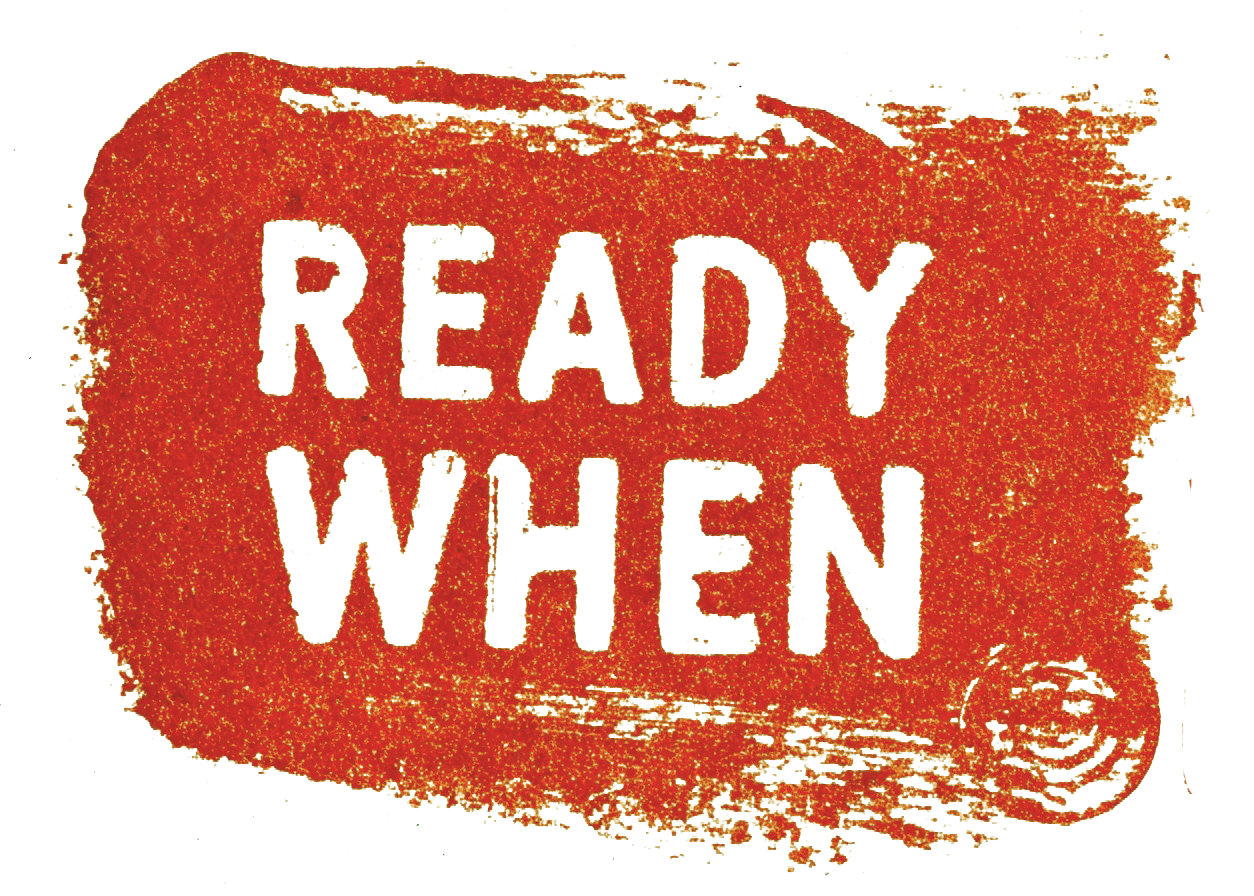The Evidence
In the 1970s, combat medics returning from Vietnam were trained to deliver life-saving care to patients before they could get to a hospital. Within ten years, cardiac arrest survival rates tripled and accident-related deaths dropped 40%.
Today’s event professionals, venue operators, and community leaders possess similar foundational skills. These workers routinely “build a city in a day” at festivals and events, coordinating temporary power, water, communications, crowd management, medical aid, and rapid logistics. These are exactly the skills communities need during disasters. With focused emergency response training, this workforce and the venues they operate become a rapid extension of community safety capacity, at a time when it’s needed more urgently than ever.
Disasters are vastly outpacing current response capacity.
Up to 4.7 million Americans in cities & towns across the country already possess core disaster response skills
America’s rural towns face the greatest resource gaps but possess some of the strongest latent infrastructure that could dramatically improve local disaster readiness.
AI-proof workforce development
Emergency management faces a workforce crisis: high turnover, burnout, unfilled positions, and limited training capacity. Communities pay for this through inadequate preparedness and costly disaster response.
#ReadyWhen addresses the root cause—creating sustainable career pathways that reduce turnover, prevent burnout through regular skill deployment, and build the skilled workforce that makes effective disaster preparedness possible. It formalizes community assets that already exist in towns across the country.
Emergency management requires situational leadership—split-second decisions with incomplete information, reading group dynamics, building trust under pressure, and adapting to rapidly changing conditions. These skills cannot be replaced by artificial intelligence, and they atrophy without regular use. Working festivals and events keeps emergency managers operationally sharp while building community relationships before disasters strike.
